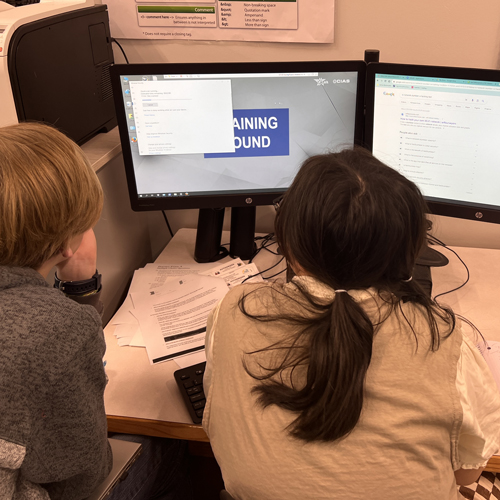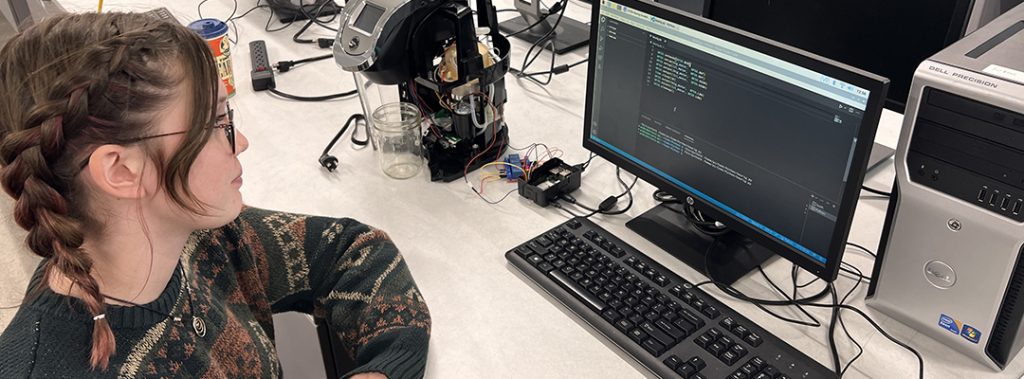Tag: Engineering Technology
Cybersecurity program leads the charge to meet growing workforce need


Just four years after its inception, the cybersecurity program at Idaho Falls School District No. 91’s Career Technical Education Center is already impacting the growing need for cybersecurity professionals. According to the Idaho Department of Labor, cybersecurity job openings in Idaho have increased 160% since 2015.
“Because the Idaho National Laboratory (INL) is in our backyard, it seems like they never have enough people to fill all the jobs they have in cybersecurity,” said Cathy Owen, who teaches the district’s cybersecurity classes.
Fortunately, the constant need for employees has translated into a steady stream of support for Owen’s program.
“The INL’s Cyber Corehas been phenomenal from the start,” said Owen. “They’ve provided everything from paid internships to equipment to mentors.”
In fact, some of Owen’s students discovered her program through the College of Eastern Idaho (CEI) and INL’s Cyber Core Summer Camp, which introduces freshmen thruough senior high school students and CTE teachers to cybersecurity and related topics. Students participate in hands-on learning activities, hear from industry mentors, and tour industrial facilities. The weeklong beginner course was held in Idaho Falls, Twin Falls, Boise, and Lewiston last summer, with an advanced course being held exclusively in Idaho Falls.
Through this program, Owen was introduced to Dr. Michael Haney, an assistant professor of computer science at the University of Idaho and a cybersecurity researcher at the INL. Haney, who serves on Owen’s technical advisory committee, has been instrumental in procuring resources Owen needs, like access to equipment, and use of the RADCIL Lab so students can work in a virtual network environment used for teaching cybersecurity without impacting school networks. Haney also introduced Mrs. Owen to the range and helped her secure a spot with cyber.org and their range, which is very important so students can work in a virtual environment.
It allows students to practice security techniques in a controlled, simulated space, offering hands-on experience without jeopardizing actual system. The range allows me to facilitate basic security practices to advanced threat detection in a safe, virtual environment.
Cathy owen
The summer camp has also facilitated partnerships with CEI, which offers dual credit opportunities for Owen’s students and paved the way for Security+ certification, an industry-recognized validation of foundational cybersecurity expertise.
Beyond academics, students benefit from participation in four content-related clubs, including the Cyber Patriot Program, Cyber Start America, Business Professionals of America, and, Idaho’s first high school chapter of Women in Cyber Security. These clubs foster practical application of the skills students learn in class and further their knowledge of cybersecurity.
The support and resources her students have access to have led to many promising opportunities in this growing field.
“I love hearing from my former students and having them share their experiences,” said Owen. “One of them received a full-time position at INL’s Help Desk; they’re actually earning a decent wage and getting their college experience paid.”
 Official Government Website
Official Government Website